

Jerry eBooks
No copyright  2013 by Jerry eBooks
2013 by Jerry eBooks
No rights reserved. All parts of this book may be reproduced in any form and by any means for any purpose without any prior written consent of anyone.
More than war adventure, this is an intensely personal historya sensitive and witty mans story of himself told with uncommon skill.
William King was for the six years of World War II a submarine commander in the Royal Navy. As such, he lived adventures of the highest drama: the tragic Norwegian campaign, war patrols in the North Sea, the losing struggle for the Far East fought with inferior equipment and outdated submarines, and individual attacks. When the war ended he took to sailing the surface of the seas in small boats.
Commander Kings book reveals more than the drama of physical action. He was a man who worked and played and loved with intensity, who knew fear and yet took great personal risks, who triumphed and despaired. His story is of adventure and of himself, of a great love of the sea, and of moving, human relationships. It will rank with the better books to come from the war.
Copyright 1958 by Commander William King
FIRST EDITION
Library of Congress Catalog Card No. 58-7178
PRINTED IN THE UNITED STATES OF AMERICA
FOR THE PUBLISHERS BY THE VAIL-BALLOU PRESS
To friends who did not return.
Their tombstone stretches in a mighty arc
From Norways deep through Africs shoreline
To the Eastern March,
And on the bed of Maltas sand
Their bones are rocked by feeble tides.
They were the flower of our land.
W. K.
The author wishes to thank Messrs.
Frederick Warne & Co., Ltd., for
their kind permission to quote from
I Was Playing Golf by Edward Lear.
I did not know that I was beginning a routine life which would go on week after week for six years; that my world would be bounded by the chart-table, the periscope and the bridge during almost all that time; that the smell of diesel oil, chlorine and unwashed bodies would be continuous and that our every day was to be passed below water in a damp fug that would be cold in N. Europe, warm in the Mediterranean and an inferno in tin Tropics. But I did know the sense of danger which lurks in a crew all the time they are submerged, and the grip of unseen fangs tightened and relaxed in my spine...
PART ONE
BEFORE
I
I MUST have been a horrid small boy and rather an unhappy one because I was both ambitious and untalented. The only thing I could do at all was run, and this in itself brought insufficient glory. However, run I did, throughout the long purgatory of youth, not because I liked it or cared about winning trophies for school or gun-room, but to alleviate my own fury at not being good at anything else.
I knew no father. A sapper colonel, he had been killed by a shell in 1917. My mother, feminine and fragile, whose faded photographs show her at this period in chiffon gowns and large flower-decked hats, struggled as best she could with her difficult son. Out-of-hand was the adjective she frequently used. What did one do when boys got out of hand? Her only brother as well as her husband had been killed in the war, so there were no male relatives of her generation to proffer advice. Friends sympathized and then turned to admire the oil-painting of her in a blue velvet teagown, with her dark gold hair hanging in Burne-Jones cascades to the floor... a perfect representation of unpractical loveliness. When upright she could stand on her hair with ease, and her father, Frazer Mackenzie, a Highlander who had made a fortune in India, insisted the artist paint it hanging down. (This was considered faintly improper. Young ladies did not remove hairpins in public.) Even as a tiny child I could see that she was very beautiful, and the nurses whispered that my little sister would resemble her. I hated prettiness and showed it by pulling her curls. How well I knew how to make her cry! We could not be left alone for an instant.
But this sadism was, I think, due to my own frustration.
I wanted the world of men (or thought I did; it wasnt so much fun when I reached it): a terrific world of adventurous happenings, icebergs, polar-bear fights, volcanoes, cannibalseverything except nursery tea and keeping clean. Most boys must have the same yearnings. Instinct tells them life is a surprising adventure (which it is), grown-ups tell them life is a routine of inflexible rules (which it is not). Why are the small boys right? Or, not to bring cohorts of parents and school teachers down on my head, why do we forget so much of the first accurate glimpses?
It was, curiously enough, my grandmother who opened out what were to be for me the lasting delights of this earthmountaineering and sailing. She had spent a great deal of her life doing what she didnt want to. Pinioned for years to conventional social activities in India she had decided that her remaining years were to be devoted to pleasures of her own choosing. Grandmother Mackenzie learned to ski at the age of seventy-five and took to the mountains with chamoix-like agility. But she developed a habit of sitting down in the icy wind to paint water-colours of peaks just as they come through the mist, till we dreaded the sight of that portable easel.
After a year or so of sketching on the snowline, Grandmother desired more boisterous activity. Immune to cold, wet and seasickness, she took up yachting with what her relations considered immoderate zeal. The older part of her old age was spent in seaboots and oilskins, sailing a 54-ft. yawl round the stormy west coast of Scotland.
Old Mrs. Mackenzies activities grew most unpopular with her three daughters, all feminine beauties with musical tastes. And so far as I can remember, the few relations who set out with her into romantic glowering weather often wailed to get back to harbour, any harbour, anywhere.
I profited. It was from Grandmother and her crew that I learned the fundamentals of sailing. Her yawl, Imatra, Fife-built in the eighties, was about 54 ft. overall. Grandmother did not actually hoist sails or climb the rigging, which was not done by ladies in those days, but she sat beaming at the tiller in all weathers, looking like a jolly little red seal in her souwester. Sometimes there were guests on board, poking around in the smart white trousers and yachting caps affected by seagoing gentlemen of the period. At other times friends lay green in the cabin and the skipper would transmit their pleading messages up the hatch. As she grew older and deafer, Grandmother treated guests wails with less consideration. I think she pretended not to hear what they said. Anyway, I can clearly recollect one summer evening of gentle swell, when the ladies she had lured out for a little sail were confined to the cabin from which unmistakable and anguished sounds emanated. Hark at the wonderful gurgle of water on the bow, my grandmother kept saying, and heartlessly she kept the tiller in her handgoing the way she enjoyed, lightly into the wind.
When my mother, who had asked other peoples opinions as to how to bring up a fatherless boy and what schools to send me to, enquired, Would you like to go into the Navy, dear?, I squeaked a jubilant twelve-year-old Yes.
Next page
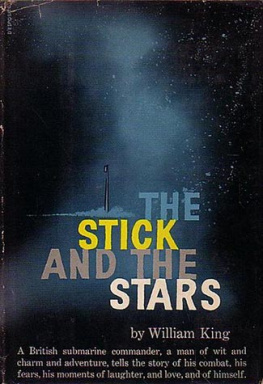


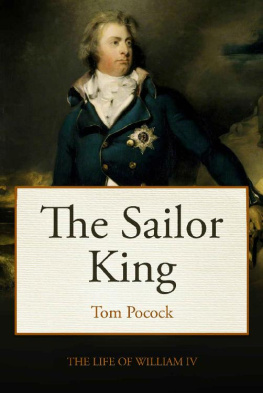
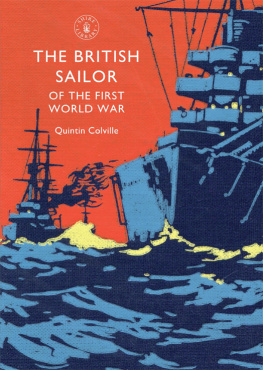
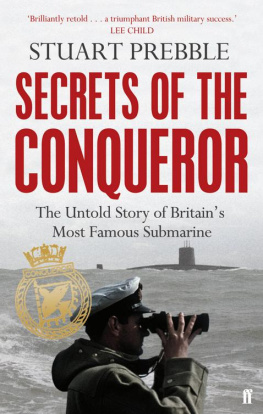
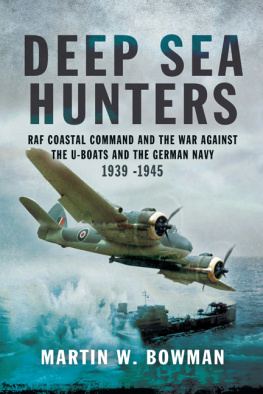
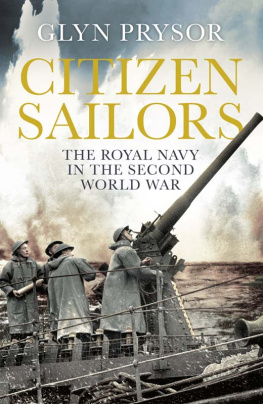
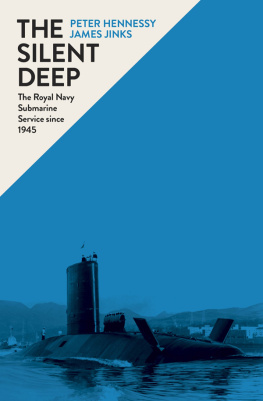
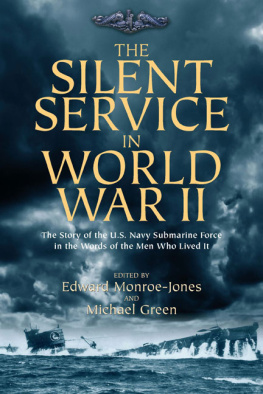
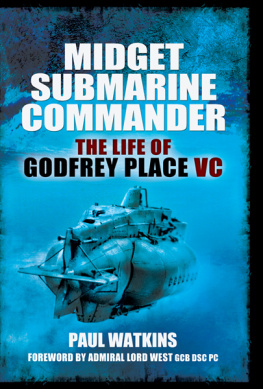
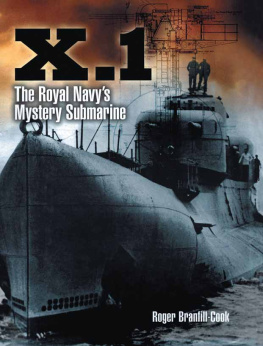
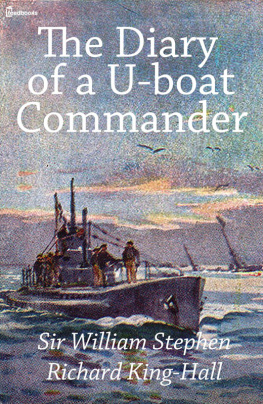


 2013 by Jerry eBooks
2013 by Jerry eBooks